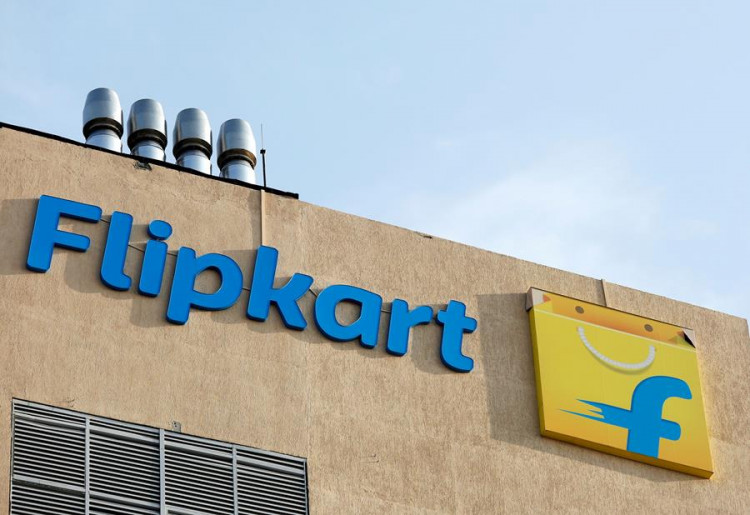Flipkart will double its valuation to $37.6 billion after the latest funding that included SoftBank Group as the India online retailer gears up for a public listing later this year.
The Bengaluru-based company has raised $3.6 billion in a new funding round, its first capital infusion from external investors and sovereign funds since U.S. retail company Walmart bought Flipkart for $16 billion in 2018.
"This investment by leading investors reflects the promise of digital commerce in India and their belief in Flipkart's capabilities to maximize this potential for all stakeholders," CNBC quoted Flipkart chief executive Kalyan Krishnamurthy as saying in a statement.
The new funding round was led by Singapore sovereign wealth fund GIC, the Canada Pension Plan Investment Board, SoftBank Vision Fund 2 and Walmart.
Other investors include sovereign funds such as Malaysia's Khazanah Nasional, Qatar Investment Authority and DisruptAD, the venture unit of the Abu Dhabi sovereign fund, ADQ.
Other backers include Tiger Global, Franklin Templeton, China's technology company Tencent. Walmart is expected to hold around 75% stake in Flipkart after the funding round, Bloomberg said.
Flipkart currently has more than 350 million registered users. Like its rival Amazon, Flipkart began by selling books, but diversified rapidly into selling clothing, smartphones and other items.
Since 2018, Flipkart has expanded to small towns and cities, added more items like fashion, furniture and grocery to its online store and opened more warehouses as it competes with Amazon.com's India unit.
According to a report by PGA Labs, the online grocery market is estimated to reach $22 billion by 2025.
Flipkart's other competitors include local names like JioMart, the online grocery delivery app from Reliance Industries.
Most of the retail shopping in India takes place in brick-and-mortar stores, but the online potential remains vast: the country has one of the fastest-growing and biggest internet populations in the world.
Meanwhile, Flipkart will also buy back employee shares worth more than $80 million, giving liquidity to those who hold stock ownership plans, sources said.






